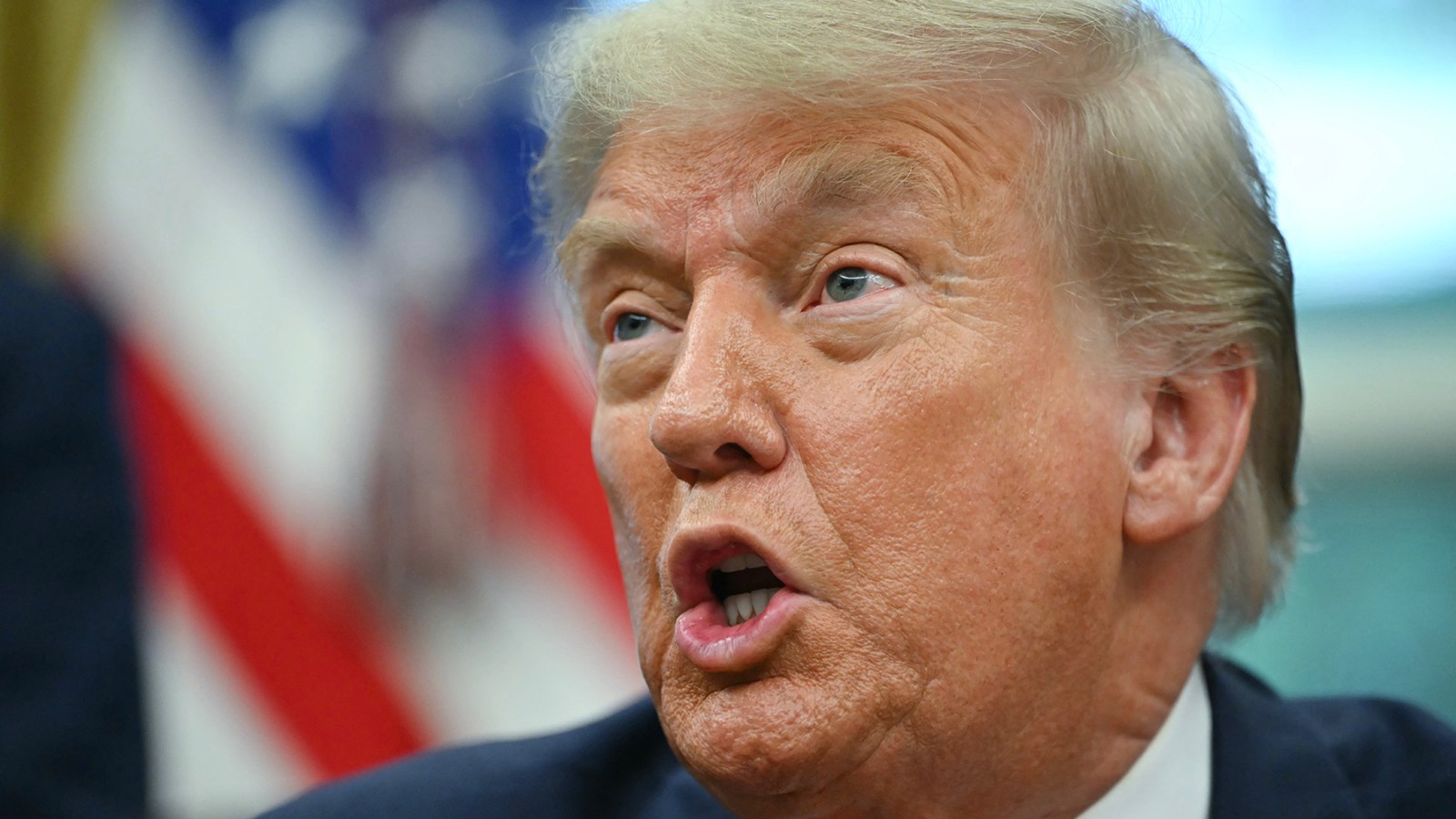Trump’s Medicaid Cuts Spark Outrage Amid Broken Promises

As President Donald Trump signed a sweeping budget bill into law last Friday, a storm of controversy erupted over its impact on Medicaid. Despite Trump’s earlier warnings to Congress not to “mess around” with Medicaid, the new legislation imposes stringent work requirements that could leave up to 15 million Americans without health insurance.
The bill, which Trump heralded as a “Big Beautiful Bill,” was passed after intense negotiations and a series of late-night sessions in Congress. However, its provisions have drawn sharp criticism from both political opponents and some of Trump’s own supporters. A recent poll indicates that 82 percent of voters oppose cutting Medicaid, including 71 percent of those who voted for Trump. Furthermore, 56 percent of voters believe that protecting Medicaid, Medicare, and Social Security should be the administration’s top priority.
Impact of Medicaid Cuts
The new budget law’s work requirements target “able-bodied” adults under 65, mandating them to meet specific employment criteria to qualify for Medicaid. Critics argue that these measures will create unnecessary hurdles for individuals who rely on Medicaid for essential healthcare services, such as insulin, dialysis, and cancer treatments. The burden will also fall on state governments, which may struggle to cover the costs shifted from federal to state budgets.
According to healthcare analysts, the repercussions could be severe. Over 300 rural hospitals and nearly 600 nursing homes face the threat of closure due to funding shortfalls. Additionally, individuals who lose Medicaid coverage may find that purchasing insurance through state marketplaces is prohibitively expensive, with costs potentially doubling.
Historical Context and Previous Attempts
This is not the first time the Trump administration has attempted to introduce work requirements for Medicaid. During his first term, states like New Hampshire and Arkansas piloted similar programs. In New Hampshire, more than two-thirds of Medicaid recipients struggled to comply with the new rules, primarily due to administrative challenges rather than a lack of eligibility. The state eventually suspended the program to prevent widespread loss of coverage.
In Arkansas, the situation was equally dire. Medicaid recipients were required to report work hours through an online portal, despite many lacking internet access. As a result, a quarter of those subject to the requirements lost their health coverage within seven months.
Political Reactions and Future Implications
Republican leaders, including House Majority Leader Steve Scalise, have defended the bill, claiming it will improve access to Medicaid for the truly needy. However, critics argue that these policies disproportionately affect the poorest Americans by increasing healthcare costs and adding layers of bureaucratic red tape.
Vice President J.D. Vance’s recent comments have also sparked debate. He dismissed concerns about the Medicaid policy as “immaterial,” despite estimates suggesting that the changes could lead to 200,000 preventable deaths due to lack of access to necessary care.
“The minutiae of the Medicaid policy … is immaterial,” Vance stated, though experts warn of dire consequences.
The controversy highlights a significant shift in Trump’s approach compared to his 2017 campaign promises, where he assured voters he would not cut Social Security or Medicaid. As the political landscape evolves, the impact of these healthcare cuts will likely remain a contentious issue, influencing upcoming elections and shaping public opinion on healthcare policy.
As the nation grapples with these changes, the debate over Medicaid’s future underscores the broader challenges facing America’s healthcare system. With millions potentially losing coverage, the stakes are high, and the consequences of this legislative move will be closely monitored in the months to come.






